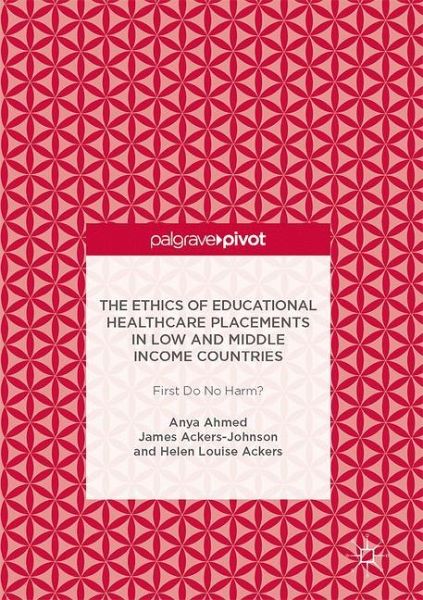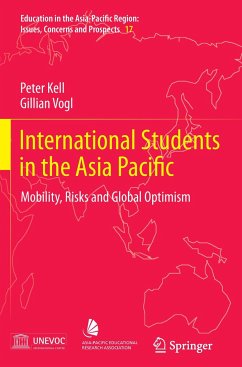
The Ethics of Educational Healthcare Placements in Low and Middle Income Countries
First Do No Harm?

PAYBACK Punkte
11 °P sammeln!
This book is open access under a CC BY 4.0 license.This book examines the current state of elective placements of medical undergraduate students in developing countries and their impact on health care education at home. Drawing from a recent case study of volunteer deployment in Uganda, the authors provide an in-depth evaluation of the impacts on the students themselves and the learning outcomes associated with placements in low resource settings, as well as the impacts that these forms of student mobility have on the host settings. In addition to reviewing the existing literature on elective ...
This book is open access under a CC BY 4.0 license.
This book examines the current state of elective placements of medical undergraduate students in developing countries and their impact on health care education at home. Drawing from a recent case study of volunteer deployment in Uganda, the authors provide an in-depth evaluation of the impacts on the students themselves and the learning outcomes associated with placements in low resource settings, as well as the impacts that these forms of student mobility have on the host settings. In addition to reviewing the existing literature on elective placements, the authors outline a potential model for the future development of ethical elective placements. As the book concurs with an increasing international demand for elective placements, it will be of immediate interest to universities, intermediary organizations, students as consumers, and hosting organisations in low-resource settings.
This book examines the current state of elective placements of medical undergraduate students in developing countries and their impact on health care education at home. Drawing from a recent case study of volunteer deployment in Uganda, the authors provide an in-depth evaluation of the impacts on the students themselves and the learning outcomes associated with placements in low resource settings, as well as the impacts that these forms of student mobility have on the host settings. In addition to reviewing the existing literature on elective placements, the authors outline a potential model for the future development of ethical elective placements. As the book concurs with an increasing international demand for elective placements, it will be of immediate interest to universities, intermediary organizations, students as consumers, and hosting organisations in low-resource settings.














